Ventura is a system of rules for role-playing games born in the summer of 1991 from the ashes of a unsatisfactory D&D campaign and a too lethal Warhammer one mastered by two friends with a long past experience with the Tunnels & Trolls rules and supported by a active group of players eager to experience something new and exciting.
Still burnt by a short approach to the Rolemaster system, the unanimous decision of our party was that we all wanted a set of rules simple to use and to explain, but at the same time that allowed to achieve a high degree of realism in the handling of characters actions and combat circumstances.
Over the years the system has been the subject of seven subsequent revisions designed to improve and enhance it without changing one iota the basic structure that is the same as the first version.
Before listing key points of the set of rules, we want to stress that this is a system of rules for role playing and so it is the minimum mechanical structure needed to support storytelling and interpretation. Without latters to make the game an RPG, this set of rules is only a set of numbers, operations, and dice rolls.
Set this here are the features of the Ventura rules system
- Player characters and monsters are portraid by a single type of scores simply called features. There will thus have no need to deal with attributes, skills, talents, feats, modifiers, saving throws, THAC0 scores or anything else: a single type of scores will outline characters and monsters regardless of the feature being physical, mental, social or dealing with their knowledge, both those related to their profession and those that are part of their cultural heritage, family, or genetic.
- There are no classes or careers. The features are collected in professions with no specific constraints but essentially a collection of features tailored to activities related to the profession itself. Nothing prevents a character to learn or improve different features from those of their profession. In fact each character at his creation will have some features besides the ones linked to his profession that are determined or chosen in different ways.
- Since there is an unique type of features the procedure to deal with rolled tests is identical for all features and this does not change both the roll is needed to successfully accomplish the action of a certain difficulty or to solve a fight between two features (both the same as two different) each beloinging to a different character or monster.In any way, the test is solved with the roll of a single dice (about the number of sides see next point).
- Ventura uses a 20-sided dice for simplicity and the wide availability of the dice among roleplayers, but is not bound to it. The test system provides that you can use any type of dice that has a fair number of faces. After several tests we have seen that at the lower levels the ideal would be a d12 or d14, and then as the level raise also should the sides of the dice used up to the d30.
- Combat rules are designed so that you can solve a round of combat between two opponents with a standard test between two features. This greatly reduces the number of rolls required, as characters and monsters do not have a number of attacks increases with the level of experience, although this does not reduce their effectiveness or not at all the number of combat options as the characters grow in experience.
- Ventura has a very effective system of critical hits that does not rely on the multiplication of the damage but has specific effects that can be calculated starting from the damage inflicted by a single additional die roll (or even without if you opt for fixed values). As these critics are often really bad blows they are rolled only once or twice for opponent, hardly more, so do not slow down the performance of combat.
- Thanks to the critical hits system just mentioned Ventura deals in a very realistic way with firearms, both ancient and modern.
- Life Points of the characters do not grow linearly with their level, so a well-aimed sword blow can be enough to kill much a beginner as well as a great hero. This does not mean that killing a great hero is as easy as killing a peasant militia, but that does not need to take it with cannon to lower quickly his Life Points.
- By Ventura rules system is not the character to experience, but each feature that progresses with the use and training. Some of profession features are then often combined into disciplines and this allows them a more rapid growth due to the fact that have been learned the one in the light of others or are somehow connected, and then improving in one gives a better understanding of others.
- In the character creation character's parents have a significant role and help define some traits of the character background and also the choice to choose some features from their professions.
- A character can also have parents of different races and even one or both parents who are themselves halfbreed, thus giving the chance of a range of choices manageable until the fourth of blood. Also with parents of different races is possible that genetic traits are dominant in one of two or, if you're lucky, from the mating could come out a specimen with superior traits. If you've never played a quarter-troll character, with Ventura you can do it without having to make too many calculations or speculations.
- Some professional features named fighting styles allow characters and monsters to use a peculiar fighting behaviour, allowing them to face opponents of some kind (against which the style is studied) with ease, while accepting to have more troubles with those against whose style has vulnerabilities.
- Combat procedures involves using maneuvers and combat techniques, specific for each profession and way of fighting. Character will have a good number of these even from the beginning and will advance with them as they increase in experience. At any time a character can learn new combat techniques, even with training alone. Facing to the already numerous options of fighting styles and techniques to make each different from the previous battle, requiring players to play their characters in a clever way to better use them, just as you would expect from a seasoned warrior.
- Spellcasting and use of all forms of magic is resolved with a standard test against a difficulty score. Wizards are not limited in the number of spells they can use. Only permanent magical effects and failures reduce their magical abilities.
- Spells can have multiple or articulated effects and hit more targets in a different way.
- In Ventura the limitations and rules follow the logic rather than the needs of balance. So there are no encounter, daily, twice weekly or fortnightly powers, but do not expect to be able to use twice the same combat technique against a clever opponent without running the risk that he will understand the mechanism (or deception).
Likewise magic items, as it is and always will be detailed in their descriptions, will need sources of power to work and not work just because they are magical.
Like all rules systems not produced by a publisher, however, Ventura has also cons that must be taken into account
- You can downloaded it free of charge
- Not all the game manuals or books are ready to be consulted
- Its does not have a complete setting (because it is a rules system and not a setting)
- The basic races are just a dozen
- The additional races including halfbreeds and monstrous ones are little more than thirty-five thousand
- The professions ready to be used are only about fifty
- The kit of background features ready are only twenty
- The bestiary and spells and equipment lists are not yet final, so ideas and suggestions are welcome
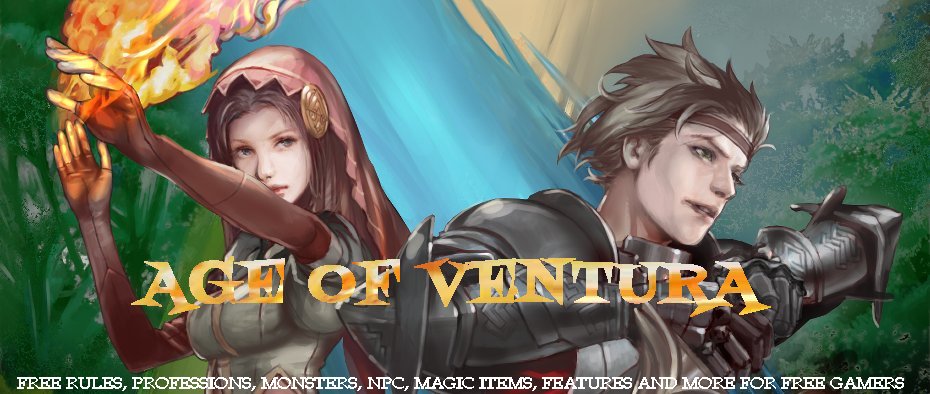
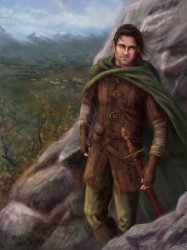
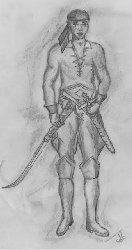
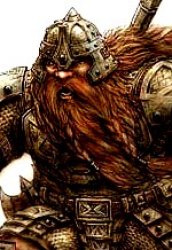
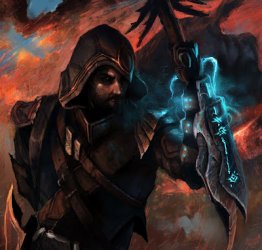
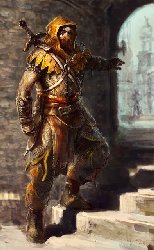
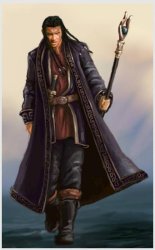
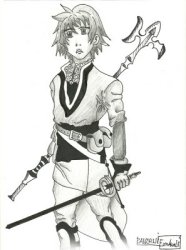

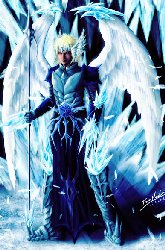
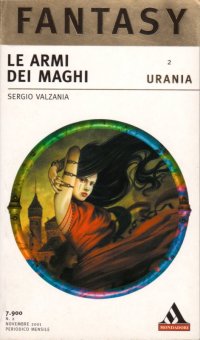

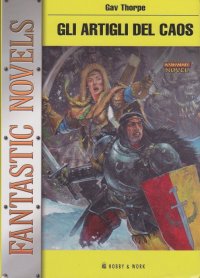

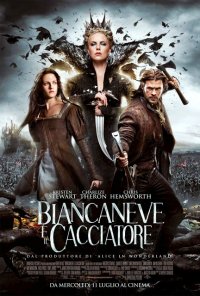

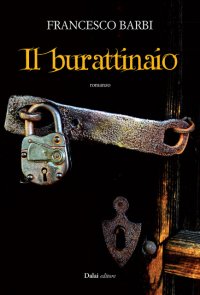

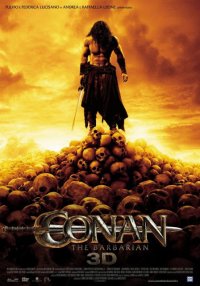

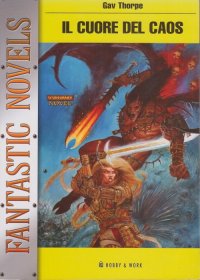

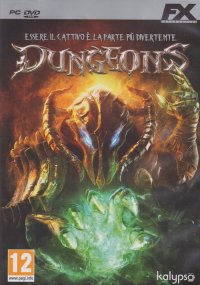
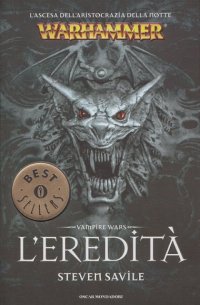

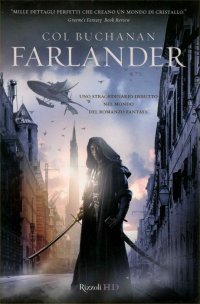

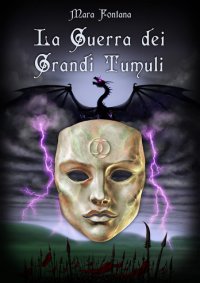

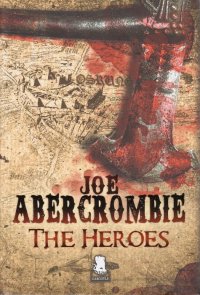
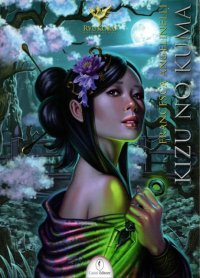
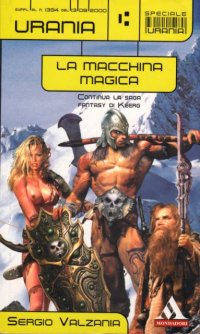
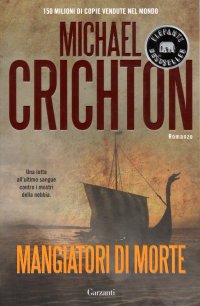
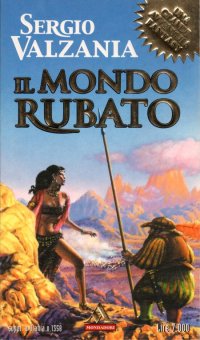

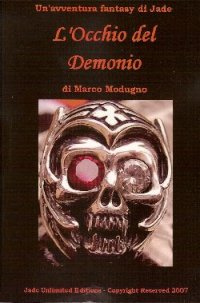



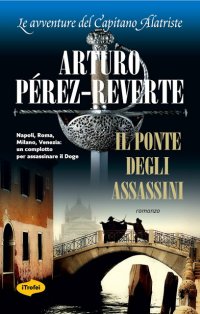

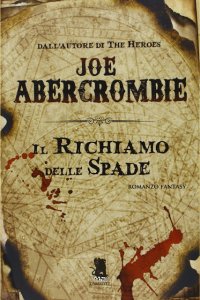


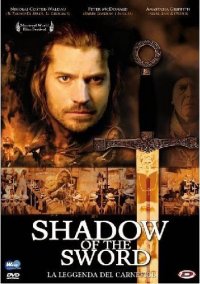

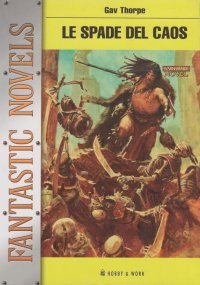
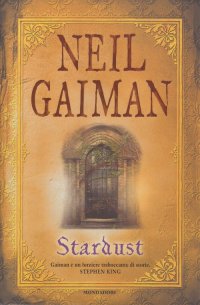
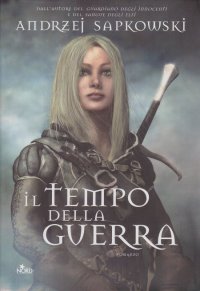

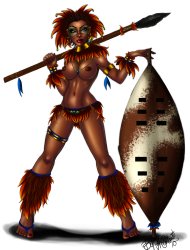
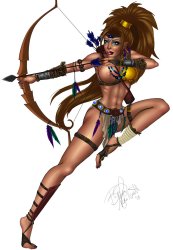
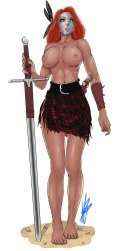
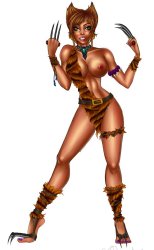
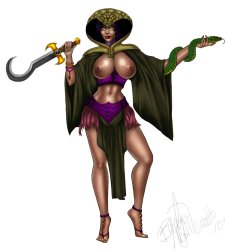
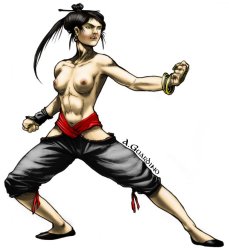
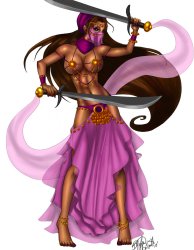

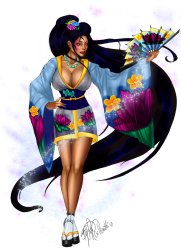

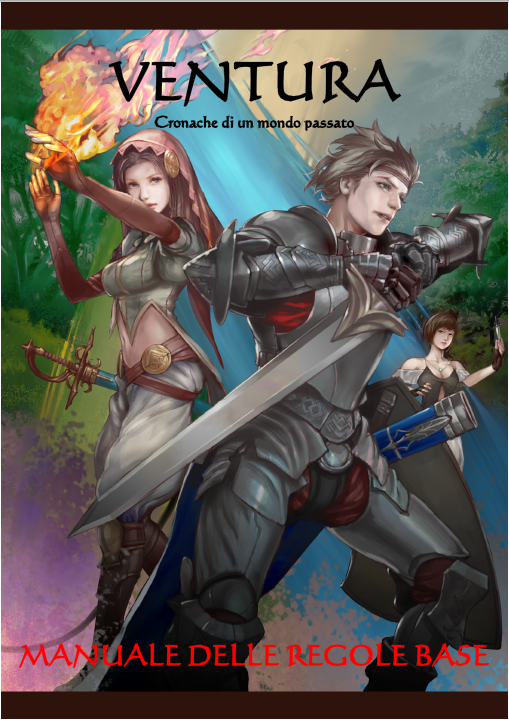
No comments:
Post a Comment